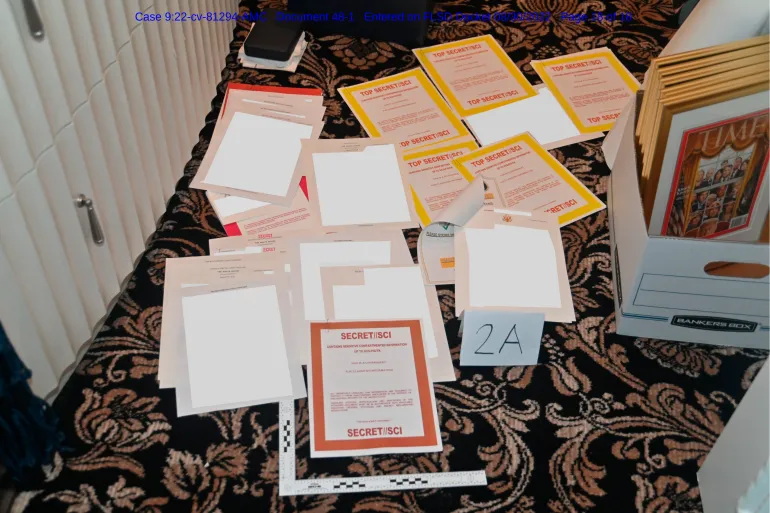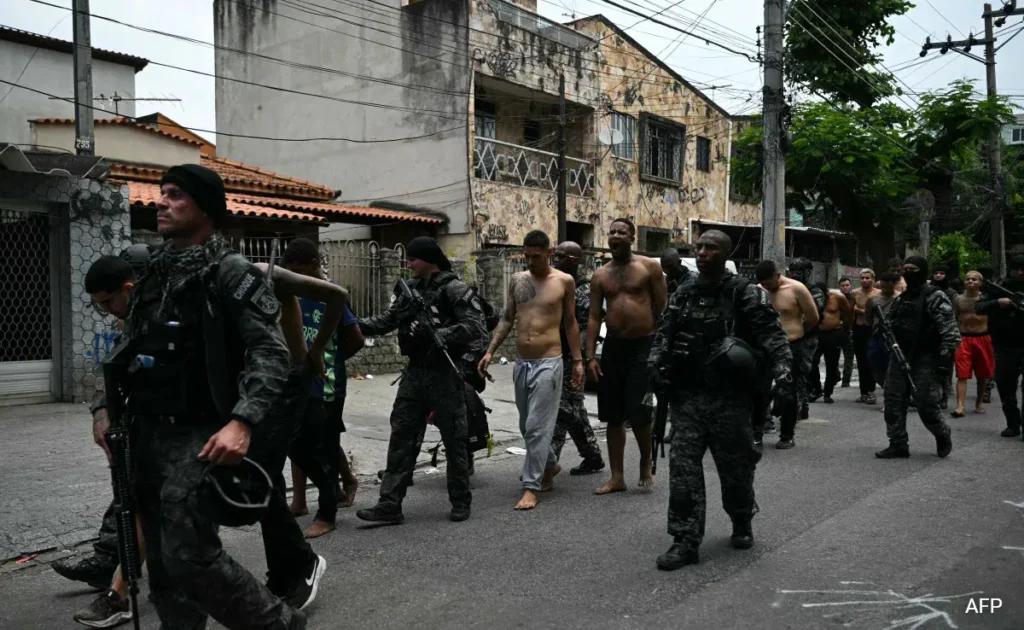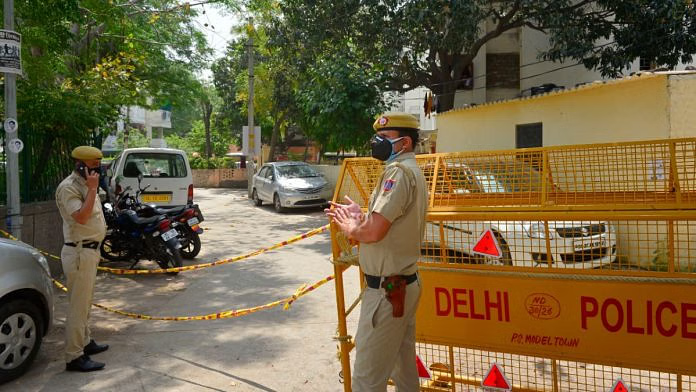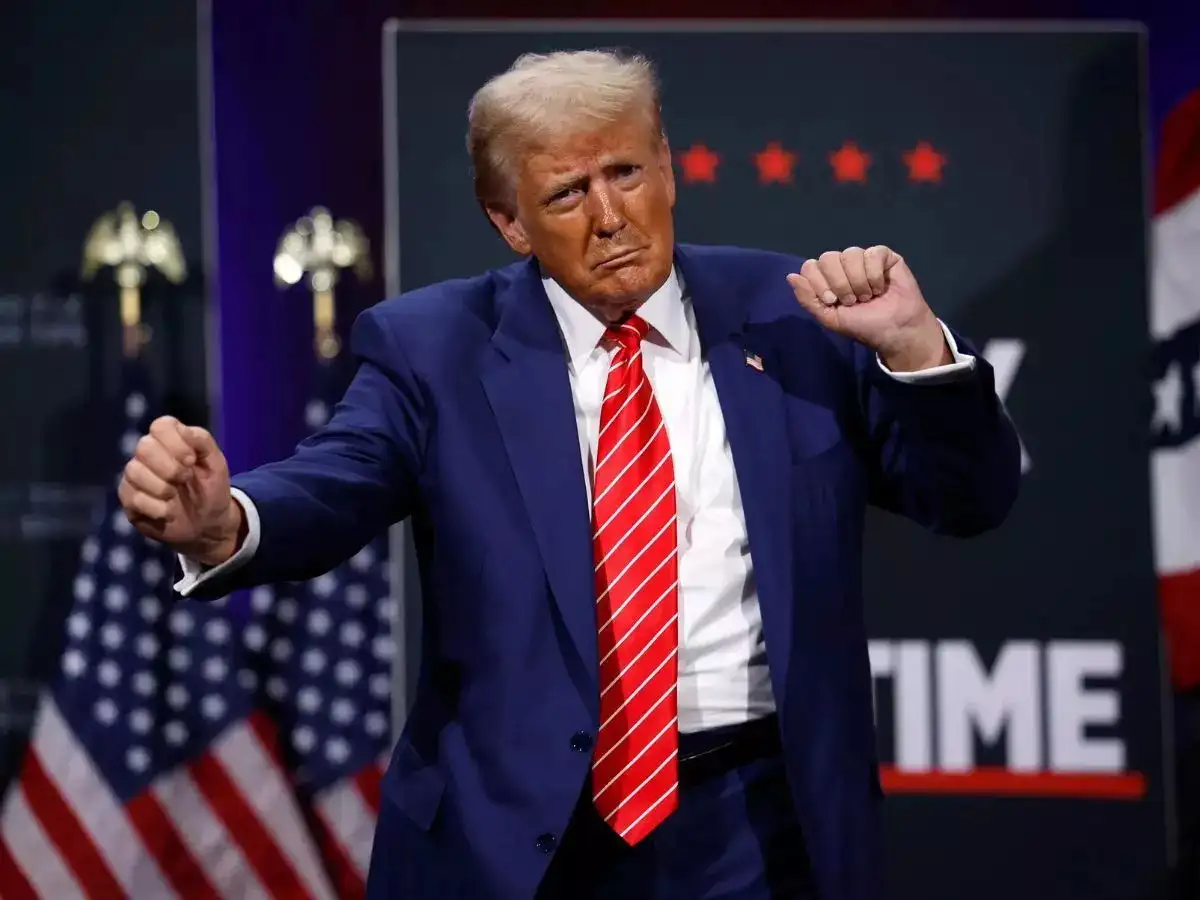Now Reading: FBI’s Missed Leads and Old Files Resurface as Trump Administration Releases Key Investigations
-
01
FBI’s Missed Leads and Old Files Resurface as Trump Administration Releases Key Investigations
FBI’s Missed Leads and Old Files Resurface as Trump Administration Releases Key Investigations

The US government has declassified a series of investigation files involving two of the most talked-about names in American history and politics — Martin Luther King Jr. and Hillary Clinton. Released under directives from the Trump administration, the documents shed new light on the FBI’s handling of historic and modern investigations, raising questions over procedural gaps, missed leads, and longstanding political tensions.
What the Files Contain
The newly released documents trace back to both civil rights-era probes and more recent political investigations. Files on Martin Luther King Jr. reveal how extensively the FBI monitored his activities, especially his ties with certain advisors and alleged communist links. Many parts of these documents had previously been withheld from the public.
On the Hillary Clinton front, the release revisits the much-debated probe into her use of a private email server during her tenure as Secretary of State. The files include internal communications, witness interviews, and summaries from agents—some of which point to early lapses and overlooked leads in the original investigation.
Missed Leads and New Interviews
One of the most talked-about revelations is the list of missed opportunities during the early stages of both investigations. In Clinton’s case, it appears certain emails and contacts were not pursued fully. For King, the documents include controversial memos that reflect the bias and pressure agents may have worked under at the time.
There’s also mention of renewed interviews and re-evaluations that took place much later, often after public or political pressure mounted. Critics argue this suggests that both cases weren’t handled with complete transparency or urgency from the start.
Why This Matters to Indian Readers
For audiences in India, especially in Tier 2 cities where global politics is increasingly followed, this development is a lesson in how history and power intersect with institutions like the FBI. Whether it’s civil rights leaders or political figures, the way investigations are conducted—or mishandled—affects public trust in a democracy.
India’s own investigative bodies often come under similar scrutiny when handling high-profile cases, making these disclosures from the US both relevant and relatable.
Conclusion: More Than Just Historical Clarity
The release of these files is not just about setting historical records straight. It exposes how systems meant to protect the public can sometimes fall short. For a politically aware generation across the world, including in India, this underscores the importance of institutional accountability—whether it’s the FBI, CBI, or any agency tasked with upholding justice

























